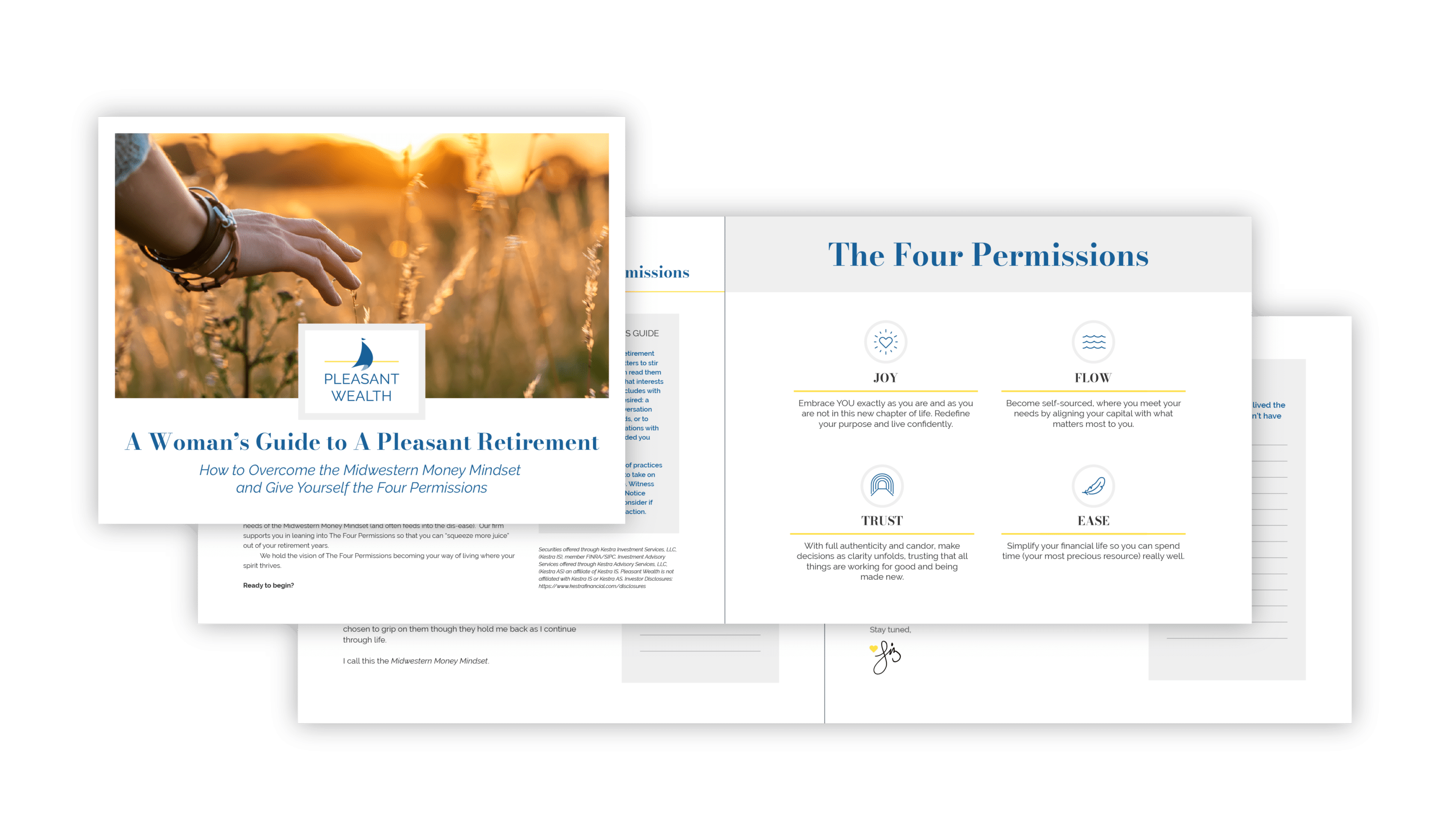Don't go without downloading our free retirement guide!
A Woman’s Guide to a Pleasant Retirement
How to Overcome the Midwestern Money Mindset and Give Yourself the Four Permissions

Check the background of this firm on FINRA’s BrokerCheck →
Would you like a Triple-Tax-Benefit? …I thought so. Behold the glory that is the Health Savings Account, (HSA).
An HSA saves you taxes when you put money in, doesn’t get taxed every year while its growing, and is not taxed when you spend the money (on the right things). We call it the Triple-Tax Benefit, and it can be a game-changer in your financial plans. If you want to know why an HSA is such a good idea, stick around. This post is just for you.
First, some context: HSAs were established in 2003 to help people save money for their health care, but not everyone can open one.
Are you eligible? Broadly speaking, if you are covered by a high-deductible healthcare plan (HDHP) you can open and contribute to an HSA. An individual covered by an HDHP can contribute $3,600 per year to an HSA. Families covered by an HDHP can contribute up to $7,200 per year. Individuals 55 and older can contribute an additional $1,000 per year. Married couples over 55 can each contribute the additional $1,000, above the $7,200 cap into two separate HSA’s, for a total HSA contribution of $9,200. Contributions are tax-deductible. Any interest earned in the HSA is tax-free. If you spend the HSA money for qualified healthcare costs, the withdrawals are tax free too. That’s a triple-tax-benefit, a very unusual bargain from the IRS. If you want more details about eligibility, rules & definitions, read up here: https://www.irs.gov/publications/p969.
So why could this be a big deal for you?
So- if HSA’s are so great (again, the Triple-Tax Benefit, can’t stress this enough) why don’t more financial advisors talk about them? There are several reasons, namely:
Think an HSA might be for you? Talk to a financial advisor working in your best interest and consult a tax professional. Thanks for reading!